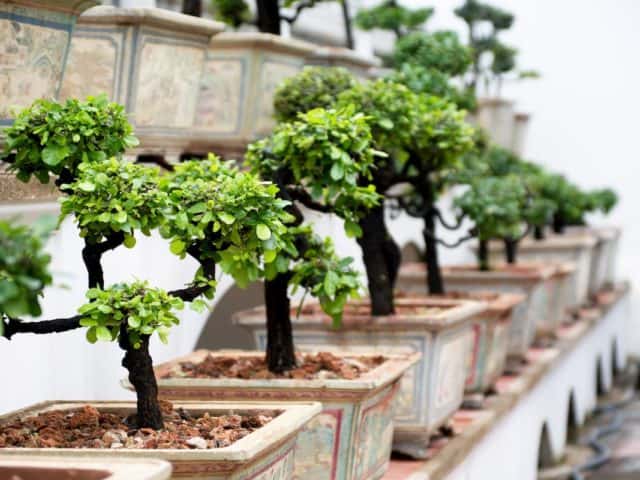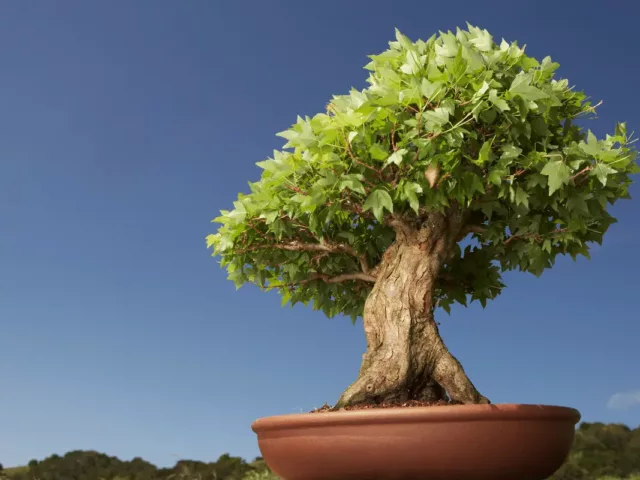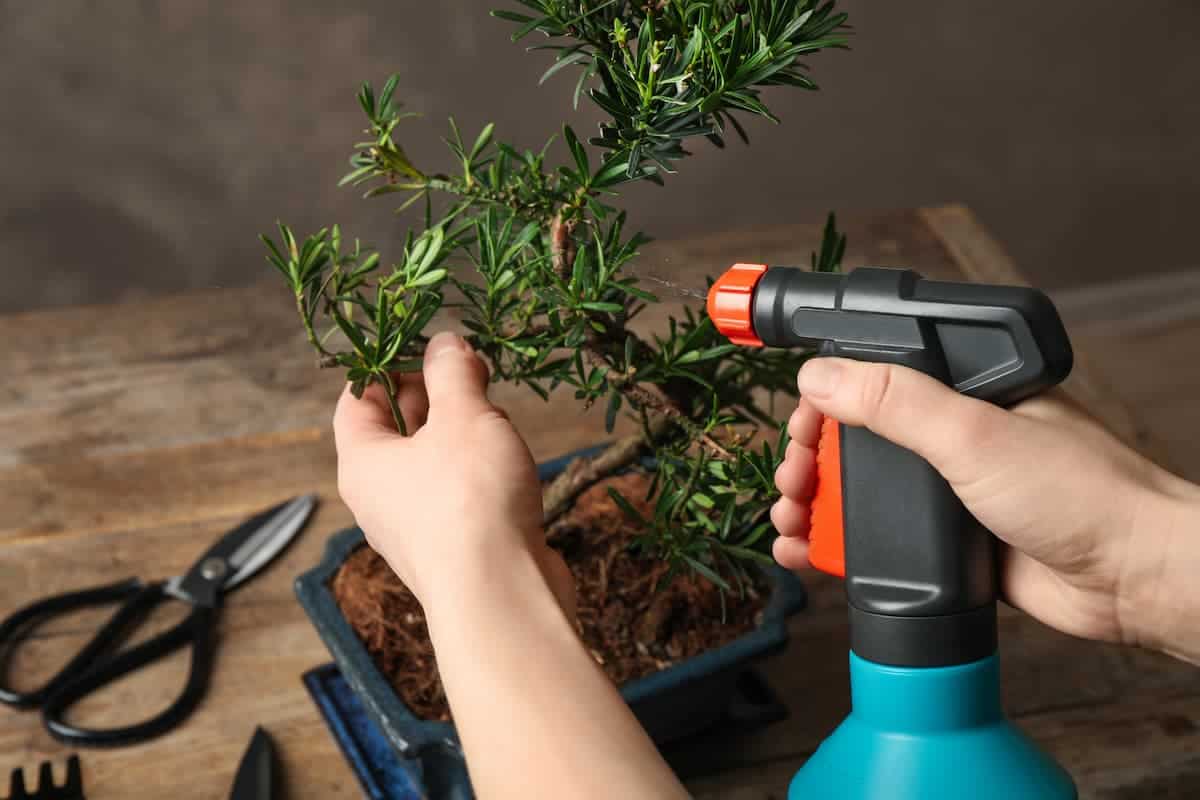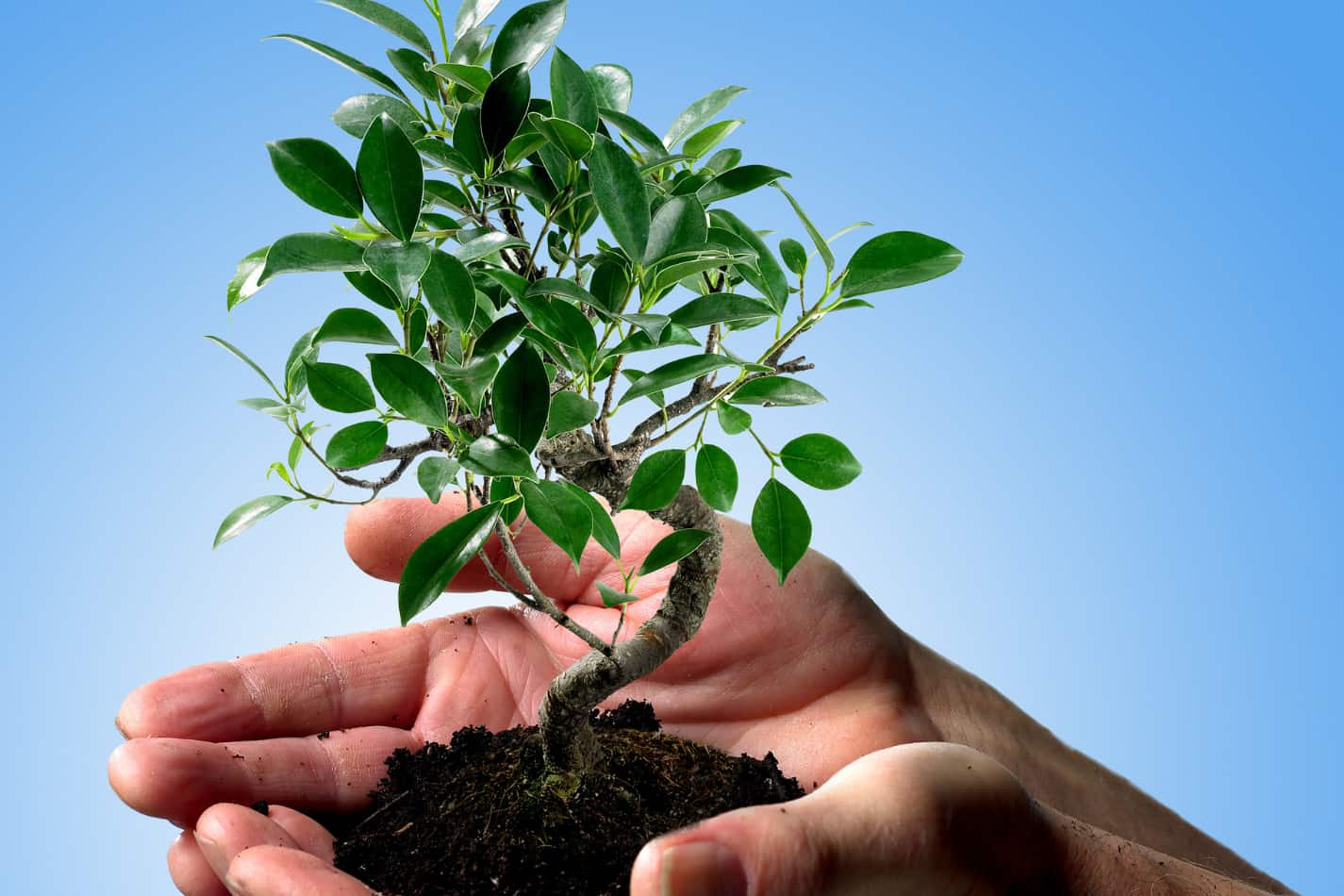The art of Bonsai has been the subject of controversy over the years. Many have questioned the ethics of Bonsai culture. There is an increasingly growing concern, are Bonsai trees cruel? The truth is rather far from this misconception.
The care of Bonsai is way more sophisticated than ordinary plants. Understandably, a potted plant does not grow in the same way as a big tree. Besides, there is nothing ethically wrong with growing potted plants. Bonsai trees are ethically validated too.
However, to better understand this, you should understand the main motivations behind growing a Bonsai; how Bonsai promotes plant health; and the myths behind Bonsai being cruel to nature. To have a brief rundown, please read the entire article.
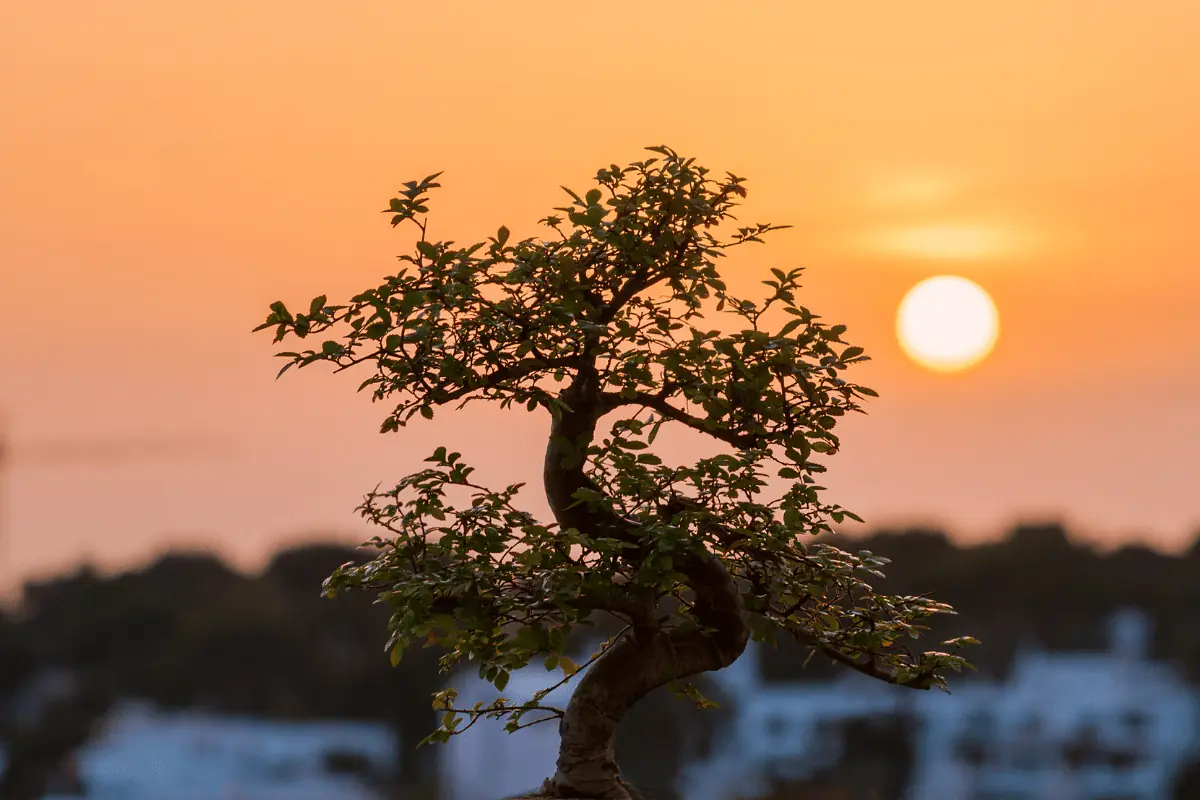
Is The Art of Bonsai Torturing Trees?
No, the art of growing a Bonsai doesn’t aim to hurt any plant. Bonsai trees require a unique style of nurturing. However, that doesn’t make them ethically cruel.
In the past years, there have been hundreds of controversies regarding Bonsai. It is a unique art, and you shouldn’t be confused with anything as such. I would like to point out the most typical concerns and myths below.
Myth One: Bonsai Culture Is Brutal And Against Natural Phenomena
Firstly, a Bonsai plant is not directed against the laws of nature. Most people think Bonsai deprives a tree of the gifts of nature by cultivating it in a confined space. It is absolutely ridiculous.
Bonsai trees are grown by owners in small pots to give them a miniature look. So, you have to provide it with food and shelter as per its demands. Naturally, a potted plant will require less nutrition and watering than a big tree.
For instance, the same is the case with any potted herb or shrub. You don’t have to water a small rose tree as much as you water a big pine tree. Also, it is nothing unnatural. The ultimate shape and size of the Bonsai come out on its own.
Myth Two: The Growth Is Impeded Intentionally
There is a common misunderstanding that Bonsai trees don’t have enough space to grow. It is not valid. Because creating a Bonsai doesn’t mean stopping the tree from growing.
It takes around ten to twenty years for a Bonsai tree to reach its ultimate shape and size. The plants become mutated genetically to achieve this miniature shape.
A Bonsai owner grows the plant out of his own interests. Besides, the main inspiration behind Bonsai is the beauty of miniature art. The aim is not to hinder its growth, instead to increase its longevity.
Mostly, for creating Bonsai, gardeners choose plants that don’t give off fruits. Basically, the flowering plants are the best for this purpose.
Even so, if fruit-producing plants are selected, their reproductive capacity remains unharmed. So, the growth of the plant is not affected at all.
Myth Three: Bonsai Plants Are Starved Off Food On Purpose
Additionally, there is another belief that the owners deprive Bonsai plants of nutrition. These plants feed only as much as they require. Overfeeding can be harmful.
Likewise, feeding less causes the plant to die. So, the owner must be conscientious about fulfilling the nutrition demands.
There is nothing brutal with Bonsai unless the owner is depriving the plant of its basic needs. Most Bonsai enthusiasts will tell you the same. However, the owner must have a clear idea of what he is doing.
Myth Four: Wiring Injures The Tree
Wiring is an essential chapter in the life of a Bonsai. In this case, the owners wire the branches and trunks to provide the desired look. A thin wire is wound around the branches and kept in this way for some time.
Consequently, a beautiful triangular look comes out!
A common myth is that this wiring can scar the branches or make holes in the trunks. Actually, it is false. The wire only winds up around the stems.
In fact, the wiring is done very cautiously so that the process does not harm the branches and trunks. Let alone scarring the plant.
Your Bonsai can feel pain as well. It just has a different way of exhibiting its pain by showing abnormalities or, worse, death.
Besides, wiring can also increase the stability of the trunk. So, the process of wiring ultimately helps the Bonsai to grow.
Myth Five: Pruning Can Damage The Plant
Often, you have to prune the roots and shoots of Bonsai. Pruning actually means cutting out the extra unnecessary growths keeping the growth buds intact. As long as you don’t prune the apical buds, there is no way you are damaging your plant.
The owners must preserve the taproots and the growth buds during pruning. In fact, Bonsai enthusiasts have claimed that pruning the roots and trunks increased their plant growth.
The leaves require pruning quite often. In the case of potted plants, you have to cut out the dead leaves that have gone yellow or become discolored.
Keeping dead leaves won’t do you any good. Rather, it will hinder the growth of new leaves. So, you must prune. In other words, pruning gives the Bonsai its new life.
Myth Six: Bonsai Plants Are Watered Less By Owners
Like any other potted plant, a Bonsai tree needs just the right amount of watering. Overwatering a potted plant like a rose plant ultimately kills it.
Similarly, a Bonsai is a tree in a pot that requires much less watering than the big trees. But that doesn’t mean that you are watering it less than needed.
No plant can survive in below optimum conditions. Years of practice have proved that Bonsai plants survive well with this amount of watering.
Any amount otherwise tortures the plant to death. The oldest Bonsai tree to date is the living proof of this statement.
Ethics And Spirituality Of Bonsai
The Japanese people introduced Bonsai. The beauty of miniature art inspired them. They have developed this culture into a big part of the art of gardening all over the world.
However, some people are still in a fix that are Bonsai trees ethical? Yes, they are as righteous as anything. A Bonsai tree is no different than a tree growing in a pot.
Moreover, the word Bonsai originally means growing a plant in a tray or a small pot. It is definitely not a crime to grow herbs and shrubs in pots. Likewise, Bonsai is no exception.
The Bonsai trees are the spiritual symbols of tranquillity and the years of determination. In addition, a Bonsai plant bears a graceful part of your soul.
It is a remembrance of the wisdom and knowledge you put in it over the years. It is the result of your endeavors and care. Bonsai plants connect to your soul spiritually.
How Does Bonsai Promote Plant Health?
Bonsai promotes the longevity, growth potential, and beauty of a plant. Over the years, the plant grows into a complete tree. The Bonsai tree has a more extensive lifespan than any other tree of the same species grown on the ground.
When a plant is in bad health, it will show the signs and symptoms on its own. With utmost love and care, a Bonsai can live for several years in the pot.
A similar species, when grown in the open soil, may not survive this long. In fact, growing as Bonsai increases its longevity by 20-25%. The longest living Bonsai species are the Ficus.
The constant pruning, cutting the leaves, shaping the plant, and trimming the roots speed up the growth rate. The buds grow more, and the plant keeps on reproducing actively. It is better to have stunting growth rather than the plant dying.
The beauty of Bonsai proves the excellent health of the plant. The bright green leaves, the perfectly shaped branches, and the hard, durable trunk are signs of good health.
A Bonsai claims to be more healthy than any ordinary tree growing in the soil. The art of Bonsai is ethically beneficial and sound for the health of the plants.
Conclusion
The conflicts regarding the ethics of Bonsai must come to an end now. Bonsai is the best gift of nature.
So, if anybody asks you are Bonsai trees cruel, you know all the scientific facts that prove Bonsai are ethically sound. Please share your thoughts and let them know.
I hope this article has helped you to understand the truths behind the myths of Bonsai. Also, I tried to explain why and how Bonsai claims to promote plant health.
Thank you for reading the entire article with patience. Have a nice day!


